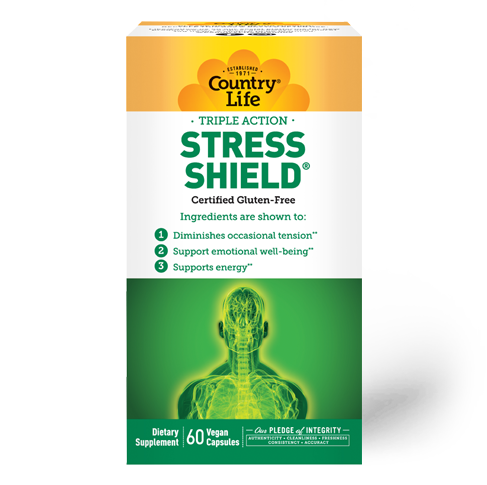Stress compromises the way we think and feel, making everything seem difficult, heavy, and overwhelming. Unfortunately, it creates a variety of negative effects on both our physical and mental health. This is why managing stress is important.
While life will always bring stress and we can’t completely avoid it, there are things we can do to decrease our stress levels and lessen the overall impact stress has on our health.
Why You Need to Manage Stress Levels
Chronic stress can lead to serious problems, including but not limited to:
- Headaches
- Heart disease
- Stroke
- Anxiety
- Depression
- Inflammation
- Digestive problems
- Poor sleep
The good news is that being proactive about managing and coping with stress can lessen the impact stress has on us and minimize the chances of it having a significant impact on our health.
Ways to Help Decrease Stress
With regular stress management, you can respond mindfully to challenges rather than reacting in a way that makes you feel worse.
Not sure where to begin with stress management? Try these 4 tips for managing stress:
1. Practice deep breathing
Deep breathing is a great way to reduce the activation of your sympathetic nervous system, which controls the body's stress response to a perceived threat.
When you feel stressed, take the time to practice deep breathing:
- Take a deep breath in for a count of five seconds
- Hold it for two seconds
- Release for a count of five seconds
- Repeat this 3-5 times
This can help activate your parasympathetic nervous system to rest, helping to reduce the overall stress and anxiety you may be experiencing. You can also try somatic exercises to help clear stress from the body.
2. Nourish your mind & body
Nourishing your brain and body by eating a healthy diet and getting enough physical activity helps reduce the negative effects of stress in both the short and long term.
Exercise improves sleep, boosts mood, and decreases anxiety; what you eat also directly impacts your mental and physical health. Eating a lot of processed foods, sugars, and unhealthy fats can worsen the effects of stress.
On the other hand, eating healthy foods like complex carbohydrates, lean proteins, healthy fats, and antioxidant-rich produce, nourishes your brain and body with nutrients found to reduce the effects of stress on the body and mind. Foods with a long digestion time make a difference.
3. Stay connected and make new friends
Stay in touch with family and friends, and always be open to making new friends and joining groups for activities you enjoy. Having others you can talk to and share experiences with can be calming and help relieve mental stress.
Go on a walk, call a friend, or ask someone to coffee or dinner. Even a 30-60 minute meetup can make a difference.
4. Take a supplement
Whether you take vitamins regularly or not, if you’re experiencing a lot of stress consistently, consider taking a natural supplement specifically formulated to alleviate stress.
Country Life Vitamins has a line of stress supplements, including Stress Shield and L-Theanine. Speak with your medical professional about the stress in your life to see if it may be helpful to try one of these supplements.
Sources:
















Share:
Can You Take Too Much Vitamin B12?
What Vitamins are Good for the Heart?